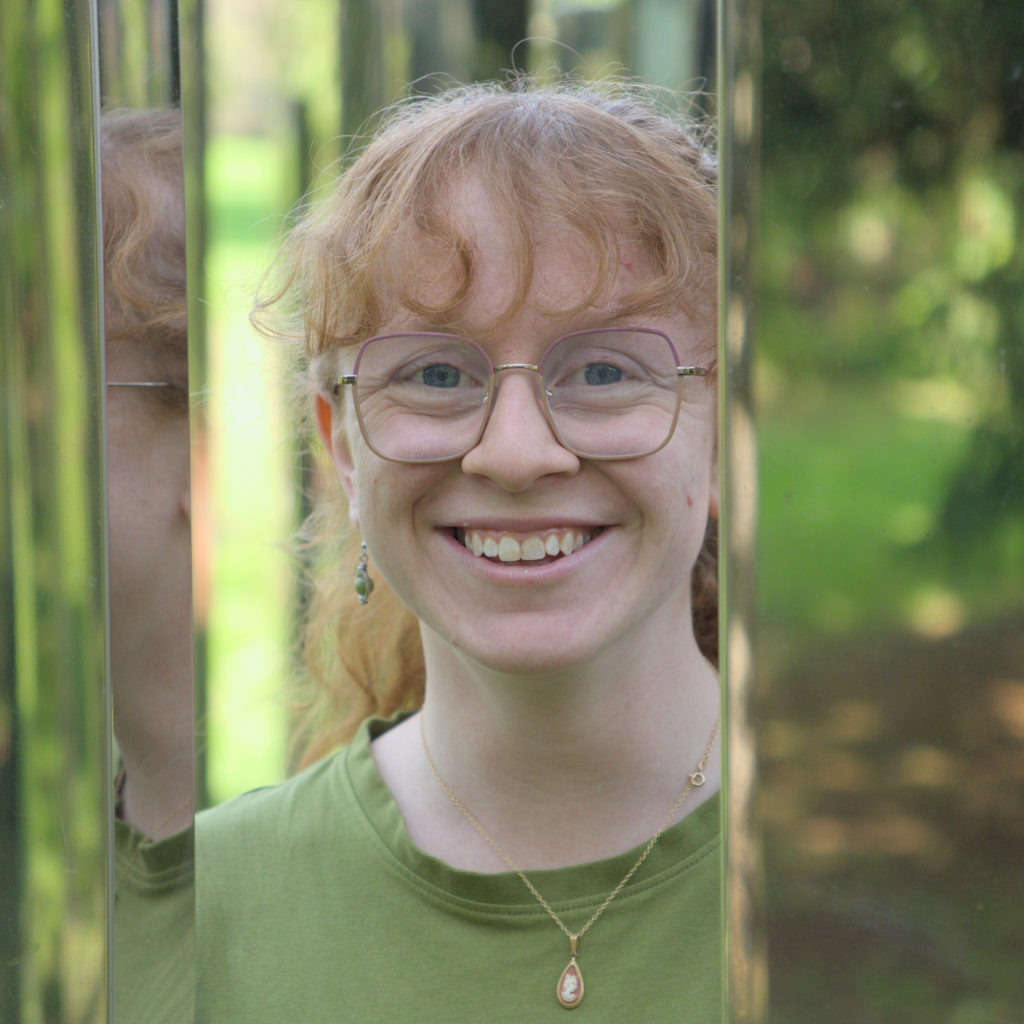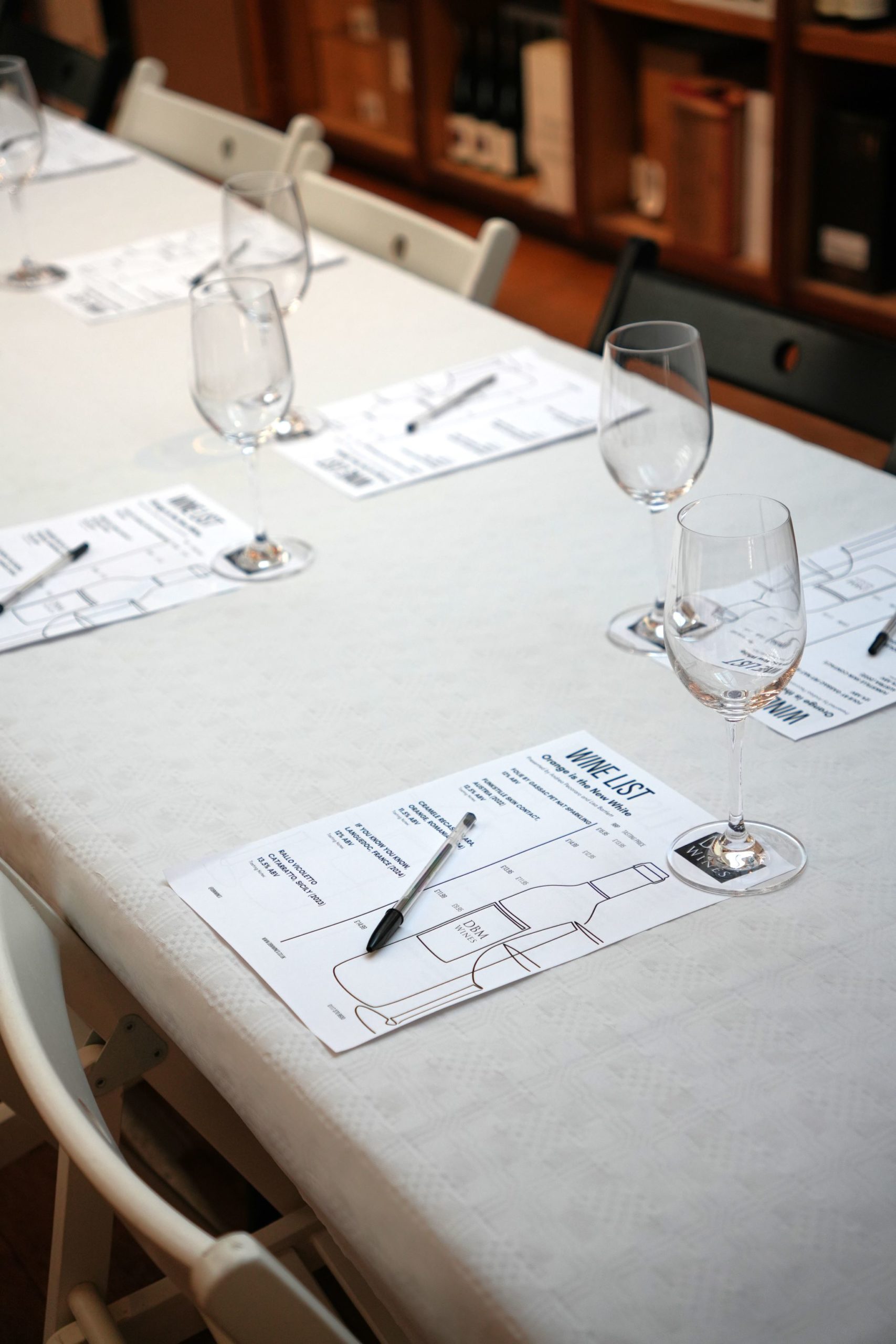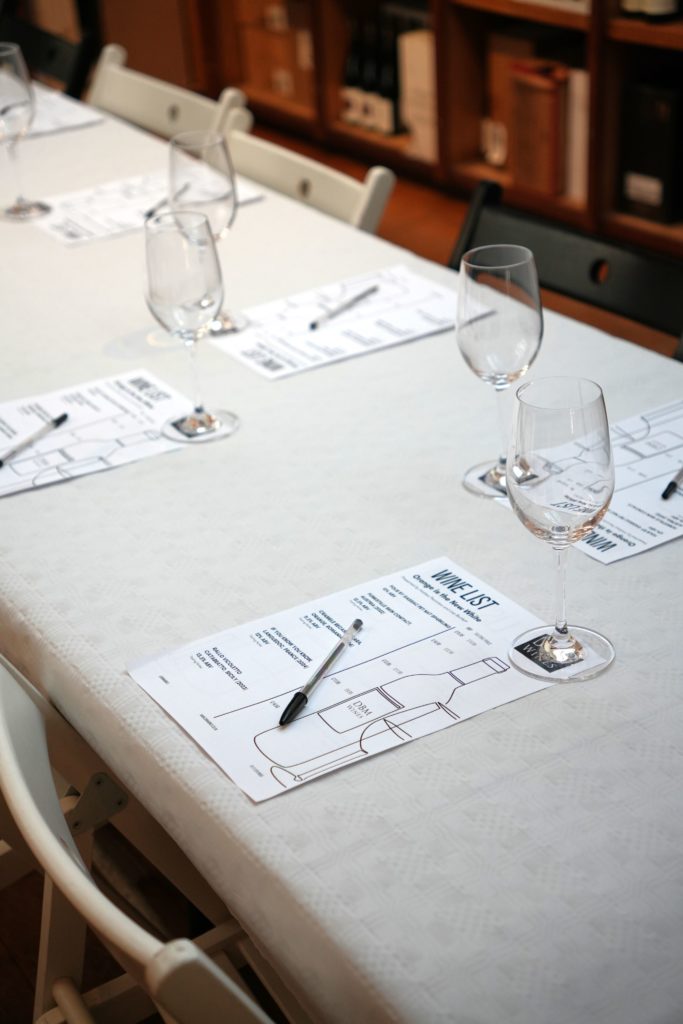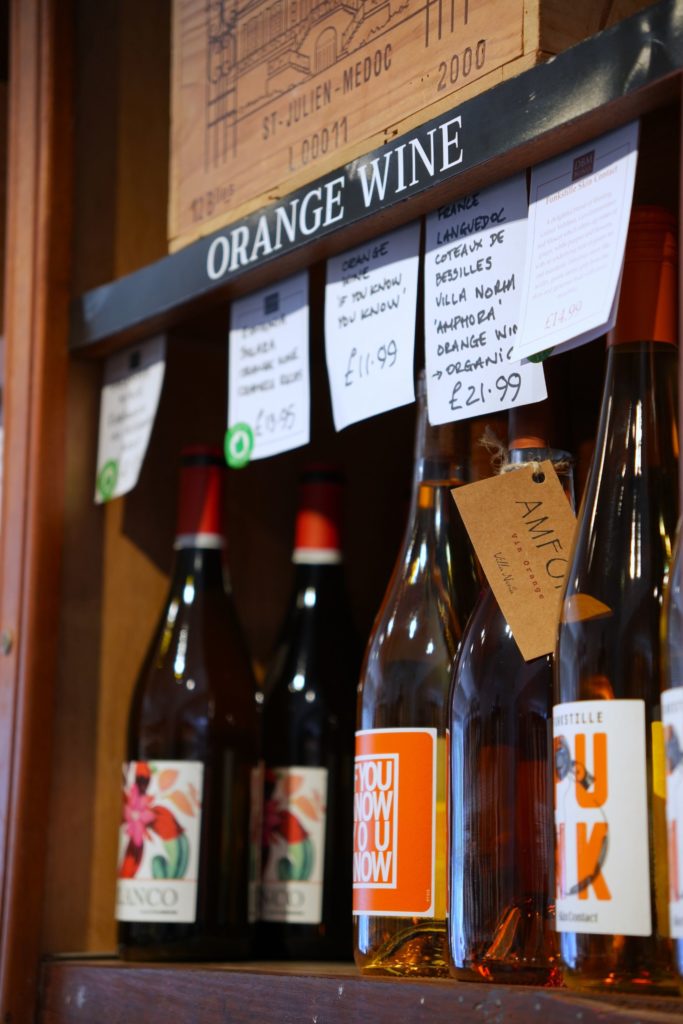
Yesterday, Catherine was ill. Today, her morning meeting overran by an hour. Yet, if she’d never told me, I never would have known. “I think it’s quite cool,” she says, cheerful and energetic. “I look at congenital heart disease in pregnancy and how it affects how the heart changes shape.”
Congenital heart disease affects 1 in 100 babies born in the UK, according to the charity British Heart Foundation (BHF). Their odds of survival used to be dire; only 1 out of every 10 babies with these conditions would survive past their first birthday. Now, though, innovation has massively increased that chance to 8 out of 10. The result? We have a large population of adults with congenital heart disease, something previously unheard of. “A lot of them are women, and they’re then asking their GPs: “Can I have children?””
It’s a complicated question. One of the ways pregnancy strains your body is by demanding more of your heart; you’re pumping blood for two, now! Adults with congenital heart disease typically don’t have as healthy of a cardiovascular system as those without, so doctors used to recommend they avoid getting pregnant. Times have changed: “it’s now: how we manage their care when we put this extra strain on their bodies?”
Rather impressively, Catherine is already a published author. “I didn’t expect it to happen so soon” she says. Her paper in Biochemical Pharmacology looks at how synthetic cannabinoids, like the notorious “Spice” found in vape pens across schools in the UK, affect your heart’s rhythm. She and her co-authors found that these drugs interfere with the processes that regulate your heartbeat. The irregular beating of the heart, or arrhythmia, is dangerous. It can make you faint and can even cause sudden death.
In experiments, the team found that synthetic cannabinoids blocked the transport of chemicals in and out of cells through a specific structure called an “ion channel”. This blockage could affect how the signal telling the heart to beat is transmitted and cause arrhythmia. Catherine’s computer simulations confirmed that these drugs were blocking the ion channel in a unique way we’ve not seen before. “All the computational stuff aligned perfectly well with what they found in the lab. … The combination of the two made for a really strong paper, which was quite cool.”
So where will she go from here? Well, she’s certainly not short of ideas. While we talk, she throws out several ideas that interest her, from investigating the links between congenital heart disease in mothers and children to potentially modelling dog hearts with colleagues in veterinary sciences. But, for now, she’s content to go with the flow. “I’ve always been, like, thinking about what am I doing next? And now I’m quite excited that I’ve just got three years now to … get my teeth into this and not think about what’s next”
You can read Catherine’s Open-Access paper in Biochemical Pharmacology here. She’s also on LinkedIn!
This article © 2025 by Ben Butterworth is licensed under CC BY 4.0



